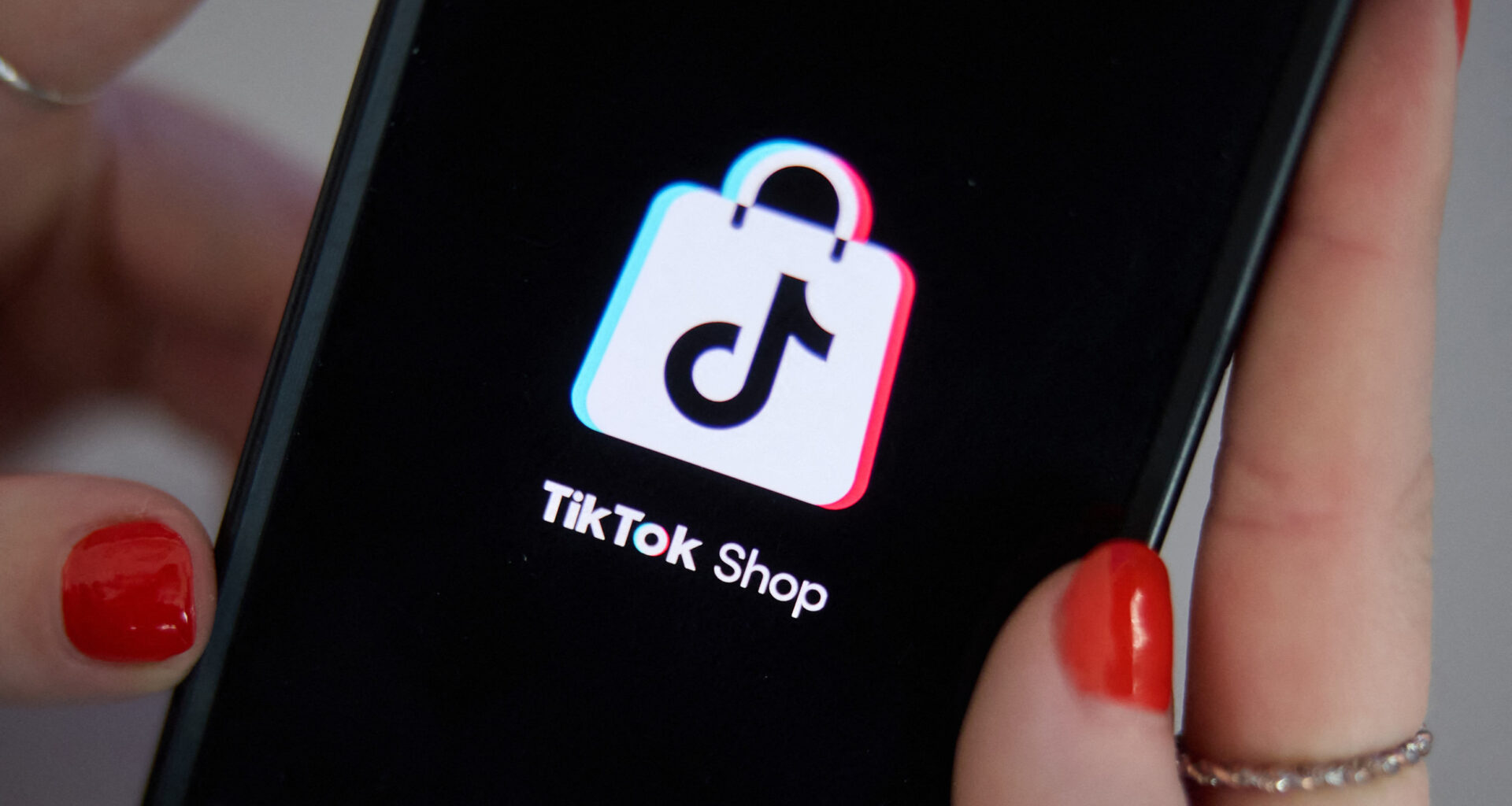Gen Z trusts financial experts far more than any other generation, but they remain skeptical of TikTok advisers, according to a new report from GOBankingRates.
While 64 percent of Gen Z (ages 18 to 24) said they trust financial experts completely or somewhat, 53 percent of Gen Z said TikTok was the least trustworthy source for financial advice.
Why It Matters
Gen Z is up against great financial odds, with the costs of higher education and homeownership skyrocketing.
While financial experts can often help people reduce their debt and budget for the future, platforms like TikTok can often cultivate a following for unreliable experts.

The logo of the Chinese social media application TikTok Shop on the screen of an iPhone as the platform rolls out its shopping division in Europe, March 15, 2025, in Paris.
The logo of the Chinese social media application TikTok Shop on the screen of an iPhone as the platform rolls out its shopping division in Europe, March 15, 2025, in Paris.
KIRAN RIDLEYKIRAN RIDLEY/AFP via Getty Images
What To Know
While 53 percent of Gen Z said TikTok was the least trustworthy source for financial advice, they remained the most trusting generally of finance experts at 64 percent.
This was compared to 49 percent of adults ages 65 and over.
“Older generations are naturally more skeptical because of what they’ve lived through—Ponzi schemes, robber barons, and countless examples of financial malpractice,” Kevin Thompson, the CEO of 9i Capital Group and the host of the 9innings podcast, told Newsweek.
“They’ve experienced the fallout from titans of industry firsthand: the Savings and Loan crisis, the crash of ’87, the financial crisis of ’08, just to name a few. With that backdrop, it’s no surprise they keep their guard up.”
Men also were more trusting in the GOBankingRates survey, with 65 percent expressing trust in experts versus 50 percent of women.
Across the board, 44 percent of Americans said TikTok is the least trustworthy, and 32 percent said Instagram, Facebook or X were the least trusted.
“The dirty secret about financial TikTok? Most of these ‘finfluencers’ are selling courses, not giving advice,” Michael Ryan, a finance expert and the founder of MichaelRyanMoney.com, told Newsweek. “Gen Z is smart enough to recognize a sales pitch disguised as education.”
What People Are Saying
Kevin Thompson, the CEO of 9i Capital Group and the host of the 9innings podcast, told Newsweek: “They (Gen Z) are feeling the sting of inflation, unaffordable housing, and crushing student debt, but for the most part, they’re still in the accumulation phase and have simpler financial lives. That makes them more open to trusting professionals who can help them build from scratch.”
Alex Beene, a financial literacy instructor for the University of Tennessee at Martin, told Newsweek: “It’s never been easier to connect with financial advisors and experts online to get advice on how to safely and effectively invest for the future. And while they’re more likely that older generations to use social media, many in Gen Z are also the first to spot boastful and scamful information on different services, as well. In other words, the most dedicated investors and financial savers in Gen Z are just as good as if not better than their peers in older generations.”
Michael Ryan, a finance expert and the founder of MichaelRyanMoney.com, told Newsweek: “Gen Z trusts financial experts more because they’ve grown up watching their parents struggle through multiple economic crises without professional guidance. They’re thinking, “Maybe there’s a better way.”
What Happens Next
Since TikTok is flooded with financial advice from unlicensed and unqualified voices, Thompson urged viewers to check if a financial adviser is licensed through FINRA’s BrokerCheck or the SEC’s IAPD database.
“The good news is that there’s a growing movement in the industry to get credible information in front of people and cut through the hype,” Thompson said.
“See if they hold legitimate designations and verify their business standing through places like the Better Business Bureau. Most importantly, ask questions—if something doesn’t feel right, it probably isn’t.”

